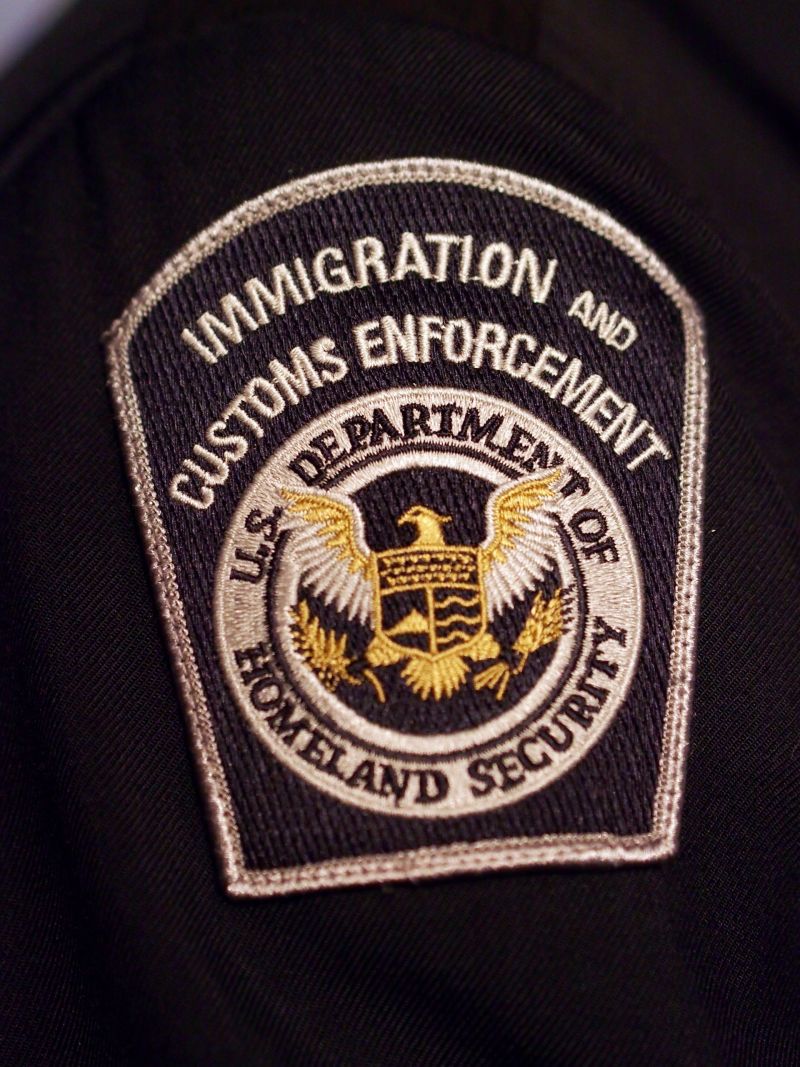"The attorneys at the Asian Law Caucus had interviewed quite a few detainees, Chinese detainees, who were in a similar situation as Daniel," said Annette Wong with the San Francisco-based group Chinese for Affirmative Action. "We talked about it, and we identified Daniel as somebody that we wanted to begin a campaign for, because he had so much community support."
Maher's recent incarceration wasn't the first stretch he'd spent in an immigration detention cell. He was detained for about a year in 2000 after serving a 5-year state prison sentence for armed robbery, kidnapping and a firearms offense. Those convictions made him a priority for removal when he got out of prison, but Chinese officials wouldn't agree to take Maher or many other Chinese nationals.
"For months, deportation officers with the former Immigration and Naturalization Service sought to obtain a travel document from the Chinese government to carry out the removal order," ICE spokeswoman Virgina Kice wrote in response to KQED's questions about Maher's case. "However, Chinese authorities declined to provide the necessary documentation and a federal judge ultimately ordered the former INS to release Mr. Maher on a writ of habeas corpus. He was freed by the INS in August 2001 under an order of supervision, requiring him to report in regularly to a deportation officer."
As a convicted aggravated felon, Maher remains an enforcement priority, Kice wrote.
"Historically, the U.S. and China have not had a repatriation agreement," Prasad said. "The result’s been for decades now, the U.S. has had difficulty deporting Chinese citizens back to China. Recently that has started to change as the U.S. and China have entered into negotiations."
According to ICE, those negotiations came to a memorandum of understanding between the agency and the Chinese government, signed in March.
"The MOU outlines the process by which Chinese experts travel to the U.S. to interview Chinese nationals (who are under final orders of removal) to verify their identity and citizenship," Kice wrote. "In late June 2015, the first team of experts traveled from Beijing to the United States to implement the MOU and are currently interviewing Chinese nationals who are ICE priorities for removal."
Wong said the latest MOU -- similar to an agreement signed in 2006 -- coincides with deportation priorities announced by the Obama administration in November, specifically the Priority Enforcement Program, the successor to ICE's old Secure Communities initiative.
"President Obama is putting as a priority for deportation people that have past criminal convictions," Wong said. "The priorities laid out in [PEP] kind of flow into this agreement that’s happened between the United States and China."
But she added, "When we look at people with past criminal history, people are more than the worst 15 minutes of their life, and people shouldn’t be labeled criminals for the rest of their lives because they made one mistake. Clearly, there are people out there who have rehabilitated themselves. They’ve integrated themselves into a community. They’re contributing members of society."
